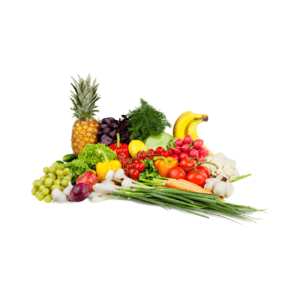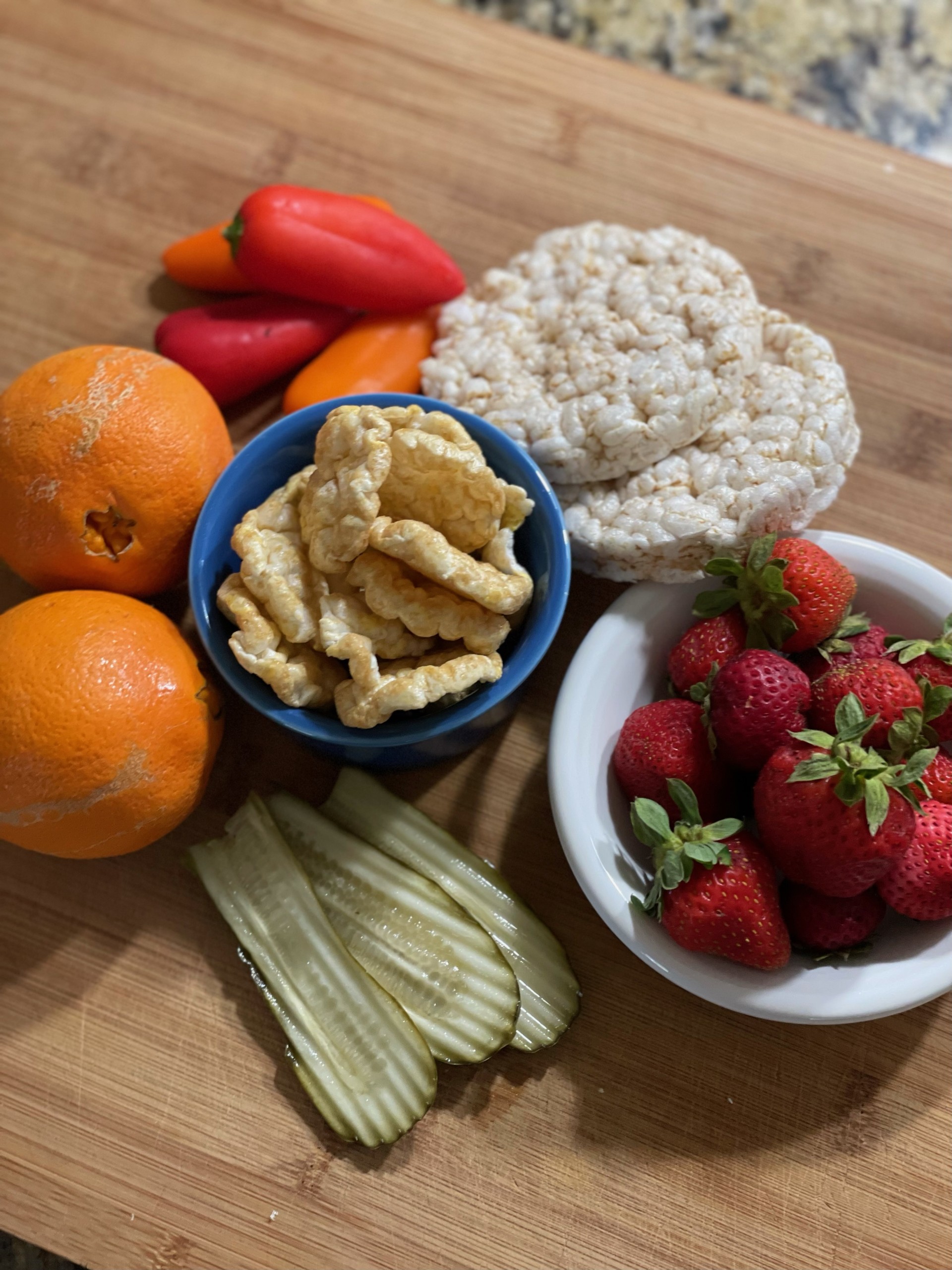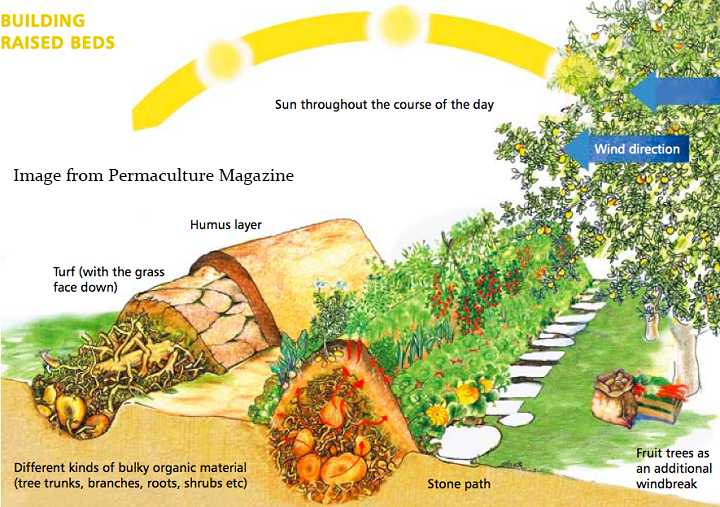Organic Foods by Whitney Vaughan

When it comes to the decision of buying organic or not, it’s more than just a “right” or “wrong” decision. Ultimately, you have to do what’s best for you and what supports your budget.

Mass Produced Produce
Countries outside of the U.S., such as Mexico, tend to treat their crops with synthetic pesticides. Farmers will do this in order to keep away insects and diseases that negatively affect the amount of produce they can yield in a season. Let’s be real…the entire reason for using pesticides is so that companies are able to mass produce crops by keeping the “pests” way because that’s how these companies survive.
The very same products that farmers are using to kill off bugs and disease causes negative effects on hormones in humans, specifically causing reproductive issues in women.
For more information on how pesticides affect female hormones, check out this article by the National Library of Medicine.
Although you practice healthy, clean habits like washing your produce before indulging or cooking with it, it does not eliminate all pesticides.
Buying Pesticide-free Foods

If you’re able to purchase locally grown produce (I’m referring to your community or nearby communities), this is my top recommendation. Reach out to your local farmers to see how they’re manning their small crops so that you’ll know for sure how they are handling “pests.”
Another good option is buying organic fruits and vegetables. In the U.S., it’s standard that these foods are coming from farms where synthetic pesticides, herbicides and fertilizers or bioengineered genes (GMOs) are not allowed to be used on the crops.
This holds true for livestock raised for meat, eggs & dairy, as well. Ranchers and farmers producing “organic” meats, eggs & dairy are not giving their animals antibiotics, growth hormones, or any animal by-product. Instead, the animals live in conditions that naturally accommodate their needs such as grazing pastures, or they are often fed all organic, hormone, and GMO- free feed. Farmers and ranchers will also use natural methods as a way to remove insects, weeds, boost their crops, or prevent disease in crops and livestock.
Why Organic?
Organically grown foods tend to be higher in certain nutrients. They are also usually more fresh because they don’t contain the preservatives added to foods to make them last longer and produce has been harvested when ripe.
Also, some pesticides being used on crops are considered a common hormone disrupter because they can have high amounts of estrogen. This can cause estrogen levels to rise and unbalanced estrogen levels can cause fat gain and hormonal issues.
Overall, my advice is to buy organic when you can, eat a varied diet, and wash and scrub all produce thoroughly before enjoying the first bite.
If you would like more information on nutrition and healthy eating, visit the FitWhit website or message me on social media.














